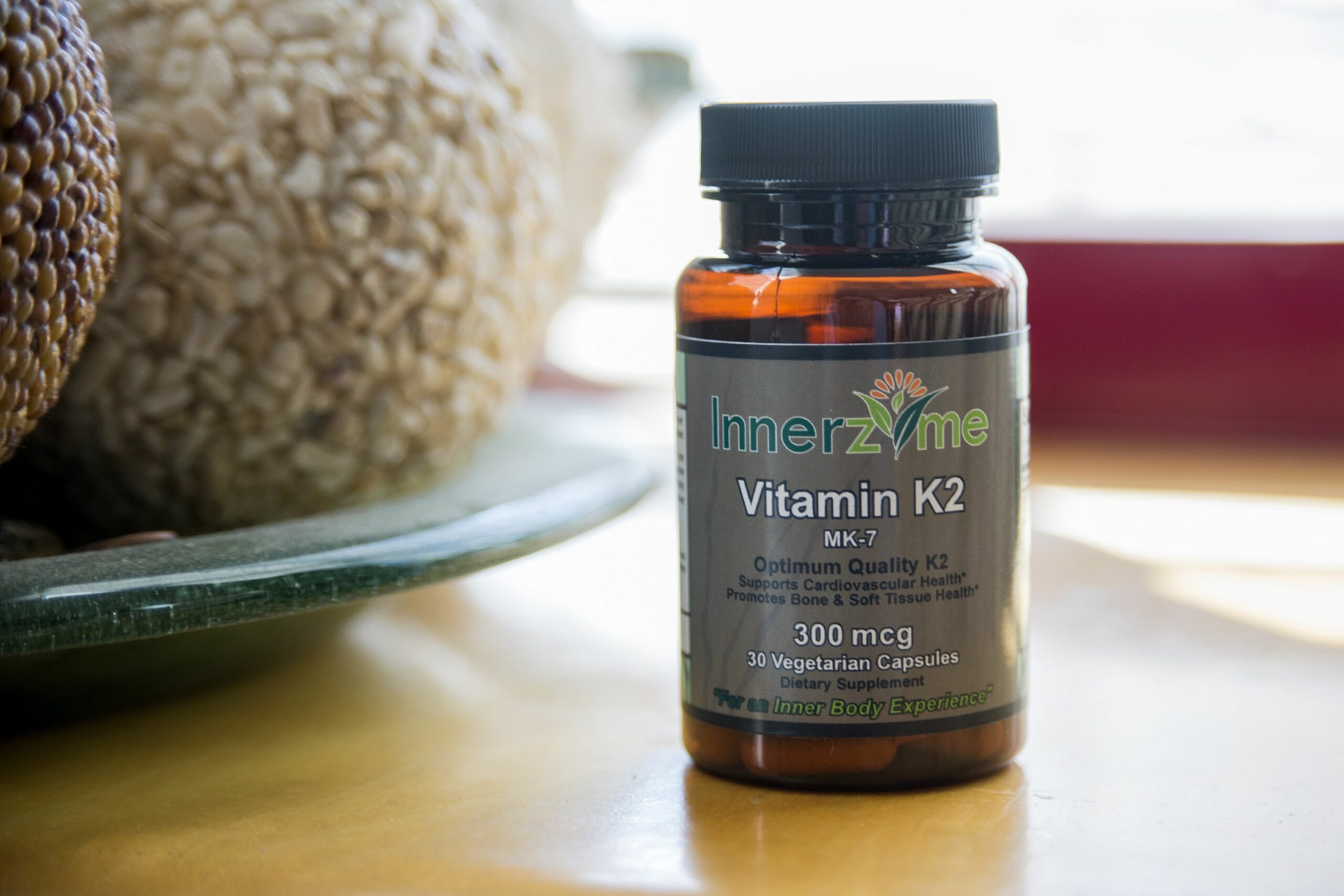introduction
Potassium is a vital mineral and electrolyte that plays a central role in maintaining various bodily functions. It is essential for overall health, yet it is often overlooked in discussions of nutrition. In this comprehensive guide, we will explore the numerous benefits of potassium, its dietary sources, recommended intake, and its potential impact on key aspects of health.
Understanding Potassium
Potassium is one of the seven essential macrominerals that the human body needs in relatively large amounts to function properly. It is classified as an electrolyte, which means it carries an electrical charge and plays a fundamental role in maintaining the body’s fluid balance. Potassium is primarily found inside the body’s cells and is crucial for nerve and muscle function.
Benefits of Potassium
Heart Health
Potassium is often associated with heart health due to its role in maintaining blood pressure. It helps counteract the effects of sodium (another electrolyte) by relaxing blood vessels and promoting the excretion of excess sodium through urine. This can help lower blood pressure and reduce the risk of hypertension, which is a significant risk factor for heart disease and stroke.
Muscle Function
Muscle cells rely on potassium to contract and relax properly. Adequate potassium levels are essential for normal muscle function, including the muscles of the heart. A deficiency can lead to muscle weakness and cramps.
Nervous System Function
Potassium is vital for proper nervous system function. It helps transmit electrical signals between nerve cells, which is essential for the brain to communicate with the rest of the body. This communication includes sensory perception, muscle movement, and cognitive function.
Kidney Function
The kidneys play a crucial role in maintaining potassium balance in the body. Potassium helps regulate kidney function, and healthy kidneys help regulate potassium levels. Proper kidney function ensures that excess potassium is excreted in the urine, preventing potassium buildup, which can be harmful.
Bone Health
Potassium has been linked to improved bone health. Some studies suggest that a diet rich in potassium can help reduce the loss of calcium from bones, potentially lowering the risk of osteoporosis and bone fractures.
Electrolyte Balance
Electrolytes, including potassium, help maintain the balance of fluids in and around cells. This balance is essential for normal cell function and overall hydration. Potassium also works in concert with other electrolytes like sodium and chloride to maintain this delicate equilibrium.
Blood Sugar Control
Potassium may play a role in regulating blood sugar levels. Adequate potassium intake may improve insulin sensitivity and glucose metabolism, which can be beneficial for individuals with diabetes or those at risk of developing the condition.
Digestive Health
Potassium helps maintain the proper function of muscles in the digestive system. It supports peristalsis, the wave-like contractions that move food through the digestive tract, aiding in efficient digestion and nutrient absorption.
Reduced Risk of Stroke
High blood pressure is a significant risk factor for stroke. Given potassium’s role in blood pressure regulation, it is associated with a reduced risk of stroke. A diet rich in potassium can contribute to better vascular health and reduce the risk of cerebrovascular events.
Dietary Sources of Potassium
Potassium is abundant in various foods, making it relatively easy to incorporate into your diet. Here are some dietary sources of potassium:
- Fruits: Many fruits are excellent sources of potassium, including bananas, oranges, cantaloupe, and apricots.
- Vegetables: Potassium-rich vegetables include potatoes, sweet potatoes, spinach, and broccoli.
- Legumes: Beans, lentils, and peas are high in potassium.
- Nuts and Seeds: Almonds, sunflower seeds, and pistachios are good sources of potassium.
- Dairy: Milk and yogurt contain potassium.
- Meat and Fish: Lean meats like chicken and fish, such as salmon and tuna, provide potassium.
- Whole Grains: Brown rice, whole wheat pasta, and oatmeal contain potassium.
- Avocado: Avocado is a particularly potassium-rich fruit.
- Dried Fruits: Raisins and prunes are concentrated sources of potassium.
- Potassium Supplements: Potassium supplements are available but should be taken under medical supervision, as excessive potassium intake can be harmful.
Recommended Intake
The recommended daily intake of potassium varies by age, sex, and life stage. However, a general guideline for adults is to aim for approximately 2,500 to 3,400 milligrams (mg) of potassium per day. Individual requirements may vary, and it’s advisable to consult with a healthcare professional or registered dietitian to determine the appropriate intake, especially if you have specific health concerns or dietary restrictions.
Risks and Considerations
While potassium is vital for health, excessive intake, especially from supplements, can lead to a condition called hyperkalemia. This condition can cause heart rhythm disturbances and is potentially life-threatening. Individuals with kidney disease or those taking certain medications, such as potassium-sparing diuretics or angiotensin-converting enzyme (ACE) inhibitors, should be especially cautious with their potassium intake and should consult with a healthcare provider.
It’s also worth noting that potassium should be consumed in balance with other electrolytes like sodium and chloride. An excessive intake of one electrolyte can disrupt the balance and have adverse effects on the body’s fluid and electrolyte equilibrium.
Conclusion
Potassium is an essential mineral with a wide range of health benefits, from supporting heart health to muscle function and nervous system regulation. By incorporating potassium-rich foods into your diet, such as fruits, vegetables, legumes, and nuts, you can optimize your potassium intake and enjoy the many advantages this essential nutrient offers.
Understanding the importance of potassium in maintaining overall health and making informed dietary choices is key. By adopting a balanced diet and seeking guidance from healthcare professionals when necessary, you can harness the benefits of potassium to support your well-being and reduce the risk of various health conditions.
- The Comprehensive Guide to the Benefits of Potassium - October 31, 2023
- Harnessing the Health Benefits of Cordyceps Functional Mushrooms - October 31, 2023
- A Comprehensive Guide to Creating a CBD Elderberry Smoothie - October 30, 2023




